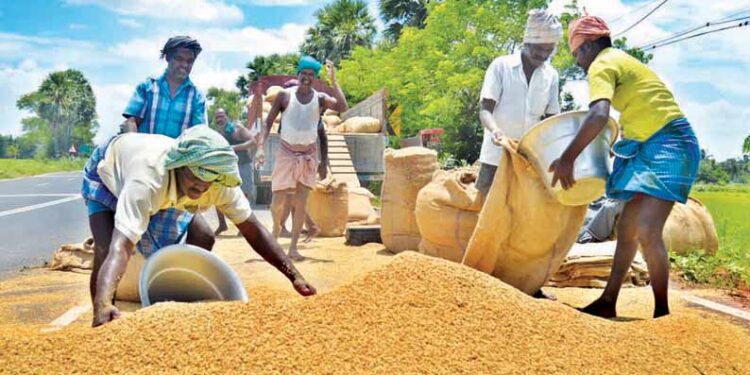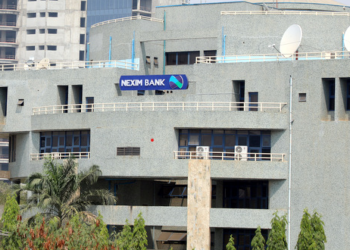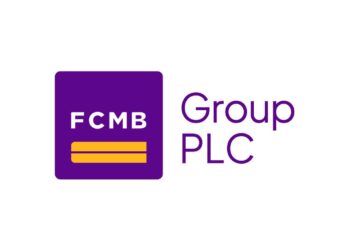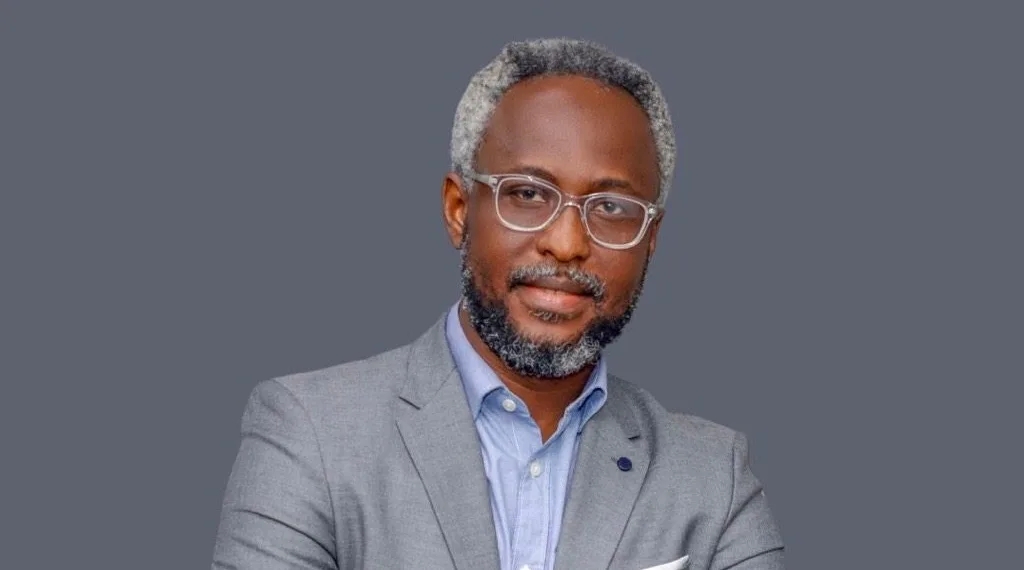Rice farmers under the aegis of the Rice Farmers Association of Nigeria (RIFAN) have defaulted on about 52% of a N283.01 billion loan.
This loan was issued as part of the Anchor Borrowers’ Programme (ABP), aimed at boosting agricultural production in the country.
According to a document seen by Nairametrics on the loan’s status as of September 2023, about N145.77 billion outstanding repayment is overdue and yet to be repaid by rice farmers from RIFAN.
About ABP
The Anchor Borrowers’ Programme (ABP), which was established on November 17, 2015, with the aim of creating economic linkages between smallholder farmers and anchor companies, is currently in a state of recovery due to significant repayment issues from the beneficiaries.
The programme disbursed a total of N1.121 trillion and has seen only N670.47 billion in principal repayments, with N5.79 billion in interest repayments. This has left an outstanding amount of N450.90 billion with an additional N354.5 billion marked as overdue, leading to a portfolio default rate of 31.6%.
The document underlines the shared risk between the CBN and the Participating Financial Institutions (PFIs), each bearing 50% of the risk. With the number of beneficiaries totalling almost 4.7 million, the programme, currently in recovery mode, seeks to rectify these repayment issues.
RIFAN as the top beneficiary
RIFAN was the top beneficiary of the ABP, with 1,518,603 members benefiting from the borrowing programme. The funds disbursed through financial institutions like Unity Bank and Bank of Agriculture (BOA) were intended to cover 1,403,990.50 hectares approved for rice farming.
While the programme has facilitated agricultural expansion and is seen as a cornerstone of Nigeria’s efforts to enhance food security, the repayment deficit poses a potential risk to its sustainability.
Despite the significant number of farmers under its umbrella, RIFAN is currently grappling with a repayment shortfall. From the total principal of N283.01 billion that was allocated to RIFAN, there has been a repayment of N137.24 billion. However, this leaves an outstanding principal balance of N145.77 billion, which is considered as ‘past due’.

The troubling repayment performance by RIFAN highlights a wider trend among the top 10 beneficiaries of the ABP, with several others also listed as “Past Due” on their loan obligations. Only a few like Apex Commodities and Thrive Agric are performing well in repayment, as the majority struggle.
However, about N183.53 billion of the amount disbursed is deemed lost by the CBN, with the repayment of N36.71 billion considered doubtful.
Challenges and Recommendations
The issues faced by the ABP beneficiaries are compounded by numerous factors such as insecurity, rising costs of production and inputs, natural disasters like flooding and drought, and a weak insurance framework for agribusiness.
The poor repayment by farmers and the lack of a shared vision by other stakeholders are significant contributors to the challenges in achieving the programme’s objectives.
To counter these issues, the document recommended a multi-faceted approach. Recommendations include the continuous engagement with security operatives to enforce repayment, the need to capitalise and restructure the Bank of Agriculture (BOA), and stronger collaboration between the Federal Ministry of Agriculture and the Central Bank of Nigeria (CBN) to moderate food inflation.
Additionally, repositioning the Nigeria Commodity Exchange (NCX) could stimulate the value chain around storage, warehousing, and market access, while using appropriate monetary tools to channel credit and investments to agriculture is also crucial.
More Insights
- Despite the high default rate, the Rice Farmers Association of Nigeria (RIFAN) called on the federal government to restart the Anchor Borrowers’ Program (ABP) and address insecurity across the country as a measure to stem the ever-increasing rice prices.
- The Vice President of the group, Mrs Nnenna Ejim disclosed this in an interview with the News Agency of Nigeria (NAN) where she gave reasons for the recent hike in rice prices.
- According to her, the current elevated rice prices were caused by the prevalence of the rice blast disease, insecurity, farmer-herder conflicts and inflation of input cost.
- Despite the funding from the apex bank, the price of local rice rose by over 201% between 2016 and 2023.























